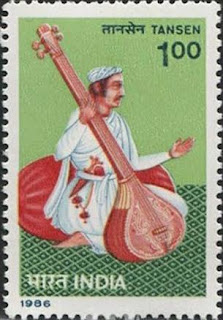The Chernobyl disaster was a catastrophic nuclear accident that occurred on April 26, 1986, at the Chernobyl Nuclear Power Plant in the city of Pripyat, in the former Ukrainian Soviet Socialist Republic, part of the Soviet Union at the time.
The disaster occurred during a late-night safety test in Reactor Number 4 of the Chernobyl power plant. Due to a combination of design flaws, operational errors, and inadequate safety protocols, a sudden power surge led to a series of explosions, resulting in a massive release of radioactive material into the atmosphere.
The immediate aftermath of the explosion led to the deaths of two plant workers, and the ensuing fire and radioactive fallout had devastating consequences for the surrounding area and beyond. The radioactive cloud spread over large parts of Europe, contaminating vast areas with dangerous levels of radiation.
The Chernobyl disaster is considered the worst nuclear accident in history in terms of both casualties and environmental impact. It resulted in widespread health problems, including radiation sickness, cancer, and birth defects, among the affected populations. The disaster also had significant social, economic, and environmental consequences, leading to the evacuation and abandonment of entire towns and regions surrounding the Chernobyl power plant.
Called the world's worst-ever civil nuclear incident, it is one of only two nuclear energy accidents rated at seven—the maximum severity—on the International Nuclear Event Scale, the other being the 2011 Fukushima nuclear disaster in Japan. The initial emergency response, together with later decontamination of the environment, involved more than 500,000 personnel and cost an estimated 18 billion roubles—roughly US$68 billion in 2019, adjusted for inflation.









